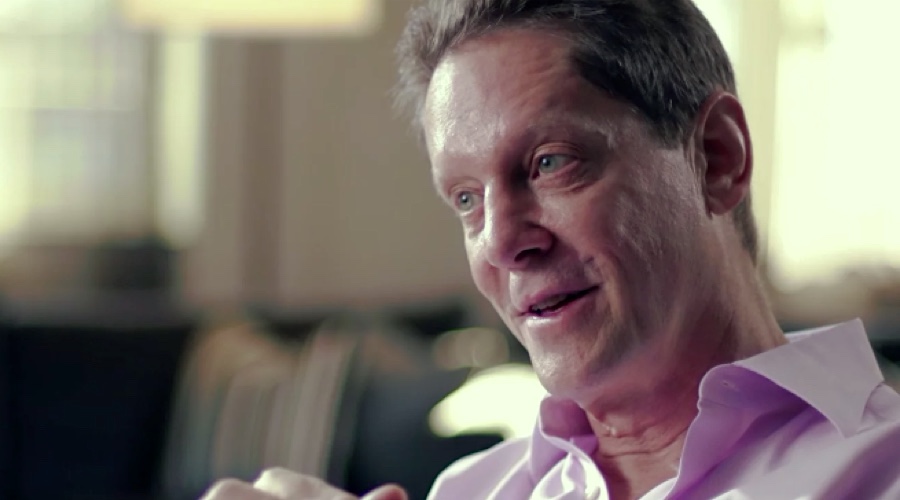
“A year from now, when we have the next Roundup, I’m hoping we see a vibrant, recovering world economy,” Friedland said in a keynote speech at the opening Monday of the first-ever virtual Roundup conference.
“And I think we’ll see higher metals prices, right across the board,” said Friedland, a legendary American mine financier and founder of Ivanhoe Mines (TSX:IVN), which is headquartered in Vancouver.
Commodities analysts are now predicting another mining supercycle, this time driven not just by economic growth, but by a global energy transition
The AME represents the prospectors and junior exploration companies that find the deposits that eventually become new mines.
The exploration sector went through some very lean years, after the last mining supercycle ended a decade ago, following a slowdown in China’s decades-long explosive growth. Commodities analysts are now predicting another mining supercycle, this time driven not just by economic growth, but by a global energy transition.
As developed economies adopt net-zero emissions targets and focus on “green” recovery, metals and minerals may one day supplant oil as the world’s top traded commodity.
“I think the prospectors, the geologists, have a very bright future,” Friedland said.
Canadian juniors are already starting to see an increase in private placements, according to TMX Group. Mining private placements increased to $4.8 billion in 2020, up from $3.4 billion in 2019, the TMX Group reported Monday.
The price of many base and precious metals have surged in recent months, but Friedland said those price rises are in part a reflection of a weakening American dollar.
“I think we’ll see higher metals prices, right across the board,” Friedland predicted. “You’ll see that the precious metals are rising against the dollar. And base metals are rising against the dollar. Even iron ore, which is probably the lowest IQ of the metals, has outperformed gold. It’s a fantastic run.”
But actual demand for metals is growing too, driven by “green” recovery stimulus and policies.
Friedland said politicians who talk about transitioning from fossil fuels to low-carbon energy and transportation don’t really understand the magnitude of the transformation they are touting.
“They’re talking about arresting climate change,” Friedland said. “They’re talking about eliminating the burning of coal and hydrocarbons without any idea, really, of what this is actually going to take.”
“So the whole system has to be rebuilt, top to bottom, and that is what is being the onset of the revenge of the miners”
Robert Friedland
Electrifying transportation “is all a huge fraud,” he said, if the system that produces, distributes and stores the power isn’t also emissions-free.
Greening the grid will be a massive undertaking, requiring new forms of power generation — wind, solar and nuclear — thousands of kilometres of new trasmission lines and power storage — all of which will require a small planet’s worth of copper, iron, cobalt, aluminum, lithium, and rare earths — virtually every kind of mineral and metal found in the earth’s crust.
“So the whole system has to be rebuilt, top to bottom, and that is what is being the onset of the revenge of the miners,” Friedland said.
Given that this greening of the global economy will require virtually every mineral and metal imaginable, it will be very good for mining and exploration companies.
Politicians understand that greening the economy necessarily will require a lot more mining. Even jurisdictions, like the U.S., that have not been all that well-disposed towards mining in recent decades may be rolling out the welcome mat.
“And now we’re very excited about the United States,” Friedland said. “We think United States is very under explored. You know, American governments made it sort of toxic to be mining in the United States. Miners were the bad guys.”
“But now even Joe Biden has said he will support the mining of copper in the United States because they know they need it. And there’s a long list of metals the United States Department of Defense wants for America’s national security. And they prefer that those metals be discovered in the United States.”
He added that B.C. also has good prospects for exploration and mining.
“I think British Columbia has fantastic exploration potential,” Friedland said.
He expects junior exploration companies will find it easier to raise capital.
“You’re going to be able to find more money in the next few years than you were able to in the past,” he predicted.
But he added that buyers will also want to know that the copper or cobalt they are buying for their electric cars or lithium-ion batteries was mined responsibly. He said commodity prices in the future will likely vary according to ESG — environmental, social and governance — policies.
“There will be no one price for copper, there will be no more one price for gold,” he said. “Everything will be priced in relation to its ESG components.”
(This article first appeared in Business in Vancouver)




